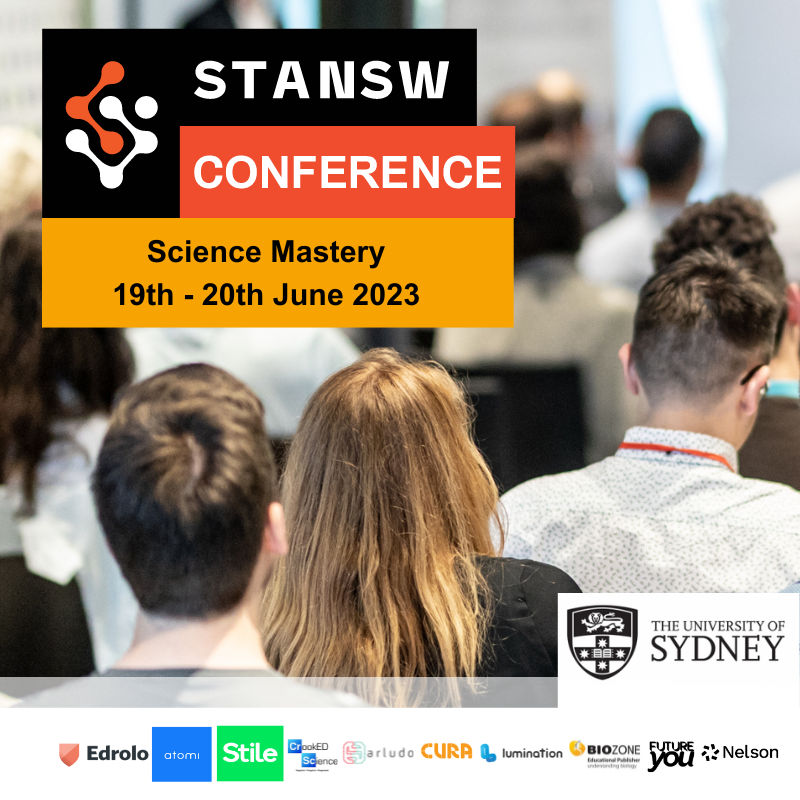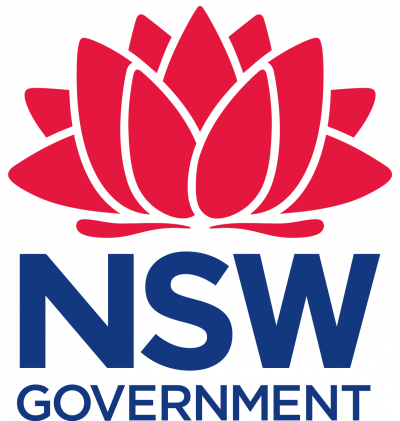
Nurturing curiosity within a constraining curriculum (Teacher)

Curiosity drives scientific pursuit & education, but curriculum constraints & conflicting explanations can hinder it.
Explore how to nurture curiosity through cross-curricular approaches & real-world application of knowledge.
ACTIVITY OUTLINE:
Curiosity is multifaceted. Curiosity as in ‘desire to see or learn what is strange, rare or unknown’ underpins the scientific pursuit of advancing fundamental knowledge and unravelling the mysteries of nature. Curiosity as in ‘an eagerness or desire to know or learn about something’ underpins education. As teachers strive to straddle the two interpretations of curiosity, the challenge is to create ‘eagerness and desire’.
This presentation will discuss application of knowledge in real world problems involving cross curricula, student centred and multi/trans disciplinary ways of nurturing curiosity. We will see if we can harness the curriculum! Case studies will be drawn from what schools are already doing and opportunities within SRP will be explored.
IS THIS A FREE EVENT? Yes
BROUGHT TO YOU BY: Science Teachers Association of NSW Inc, DART Learning
SPECIAL GUESTS:
Manjula Sharma completed her early studies at the University of the South Pacific followed by a PhD in physical optics and MEd research methods at The University of Sydney. She is a Professor of Science Education at The University of Sydney, Director of the STEM Teacher Enrichment Academy and is serving as Vice Chair of IUPAP Commission C14 on Physics Education. Nationally, she has led several substantive Government funded projects and has co-founded the premier Australian Conference on Science and Mathematics Education (ACSME) and the International Journal of Innovation in Science and Mathematics Education (IJISME). She has over 100 peer-reviewed publications and has supervised influential PhD students. Her contributions have been recognised through the 2012 Australian Institute for Physics Education Medal, 2013 Australian Learning and Teaching Fellowship, 2019 NSW Science Teachers Association Dedicated Service Award and 2020 Vice-Chancellor’s Special Award for Excellence. Professor Sharma is a Principal Fellow of the UK Higher Education Academy, Fellow of the Australian Institute of Physics and Honorary Fellow of the Teacher’s Guild of New South Wales, Australia.
Event Details
Event Type
On Demand (available until: 01-Jun-2024 11:59PM)
Delivery Platform
Duration
Price
Free
Curriculum
Primary, Secondary
Main KLA, Strand, Sub Strand
Science and Tech » Working Scientifically and Design and Production
Other KLAs
Professional Development
Science and Tech
Joining The Event
Technology and Materials Requirements
Reliable internet
Device for viewing
More Information About This Event
Curiosity is multifaceted. Curiosity as in ‘desire to see or learn what is strange, rare or unknown’ underpins the scientific pursuit of advancing fundamental knowledge and unravelling the mysteries of nature. Curiosity as in ‘an eagerness or desire to know or learn about something’ underpins education. As teachers strive to straddle the two interpretations of curiosity, the challenge is to create ‘eagerness and desire’. Afterall, what is covered in curriculum is known. Curriculum also constraints the depth and breadth of what about the known is to be taught, for very pragmatic reasons. Curiosity also has a negative meaning; ‘curiosity kills the cat ’ countered by ‘look before you leap’. Unfettered curiosity could lead to explanations not congruent with scientific understandings, as one grapples with unknown content. Pedagogies such as PBL, inquiry learning seek to emulate the scientific pursuit of advancing fundamental knowledge by handing agency to students to uncover some of what is unknown to them, bounded by the curriculum. The question than arises; are there other types of scientific pursuit which could straddle the two interpretations of curiosity, but still be bounded by the curriculum? The scientific pursuit of ‘application of knowledge’ is a possibility, that is, application to authentic real-world problems. However, such application rapidly steps into the realm of STEM, as one needs technologies, mathematics, and some form of engineering. These curriculum areas, in primary, secondary, and tertiary are generally segregated, constraining opportunities to nurture curiosity through the scientific pursuit of application to authentic real-world problems. Or does it? This presentation will discuss application of knowledge in real world problems involving cross curricula, student centred and multi/trans disciplinary ways of nurturing curiosity. We will see if we can harness the curriculum! Case studies will be drawn from what schools are already doing and opportunities within SRP will be explored.
If you have any queries please contact the provider
Name: Science Teachers Association of NSW Inc
Phone: 02 9763 2751
Email: [email protected]
Website: www.stansw.asn.au

